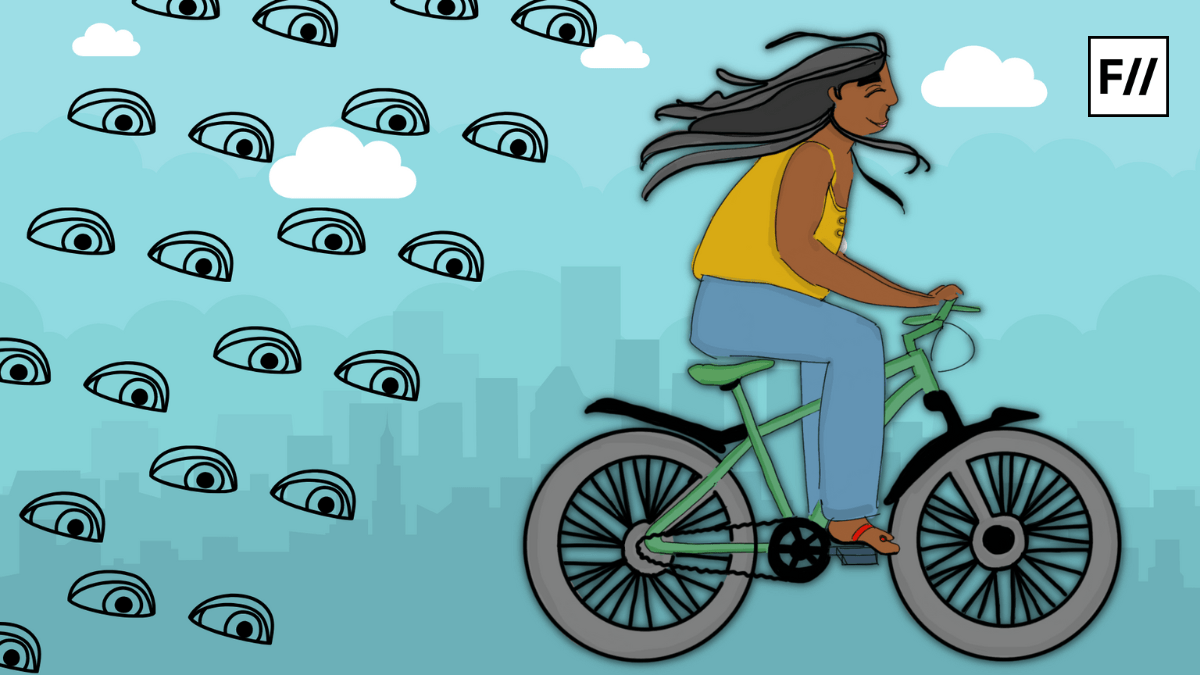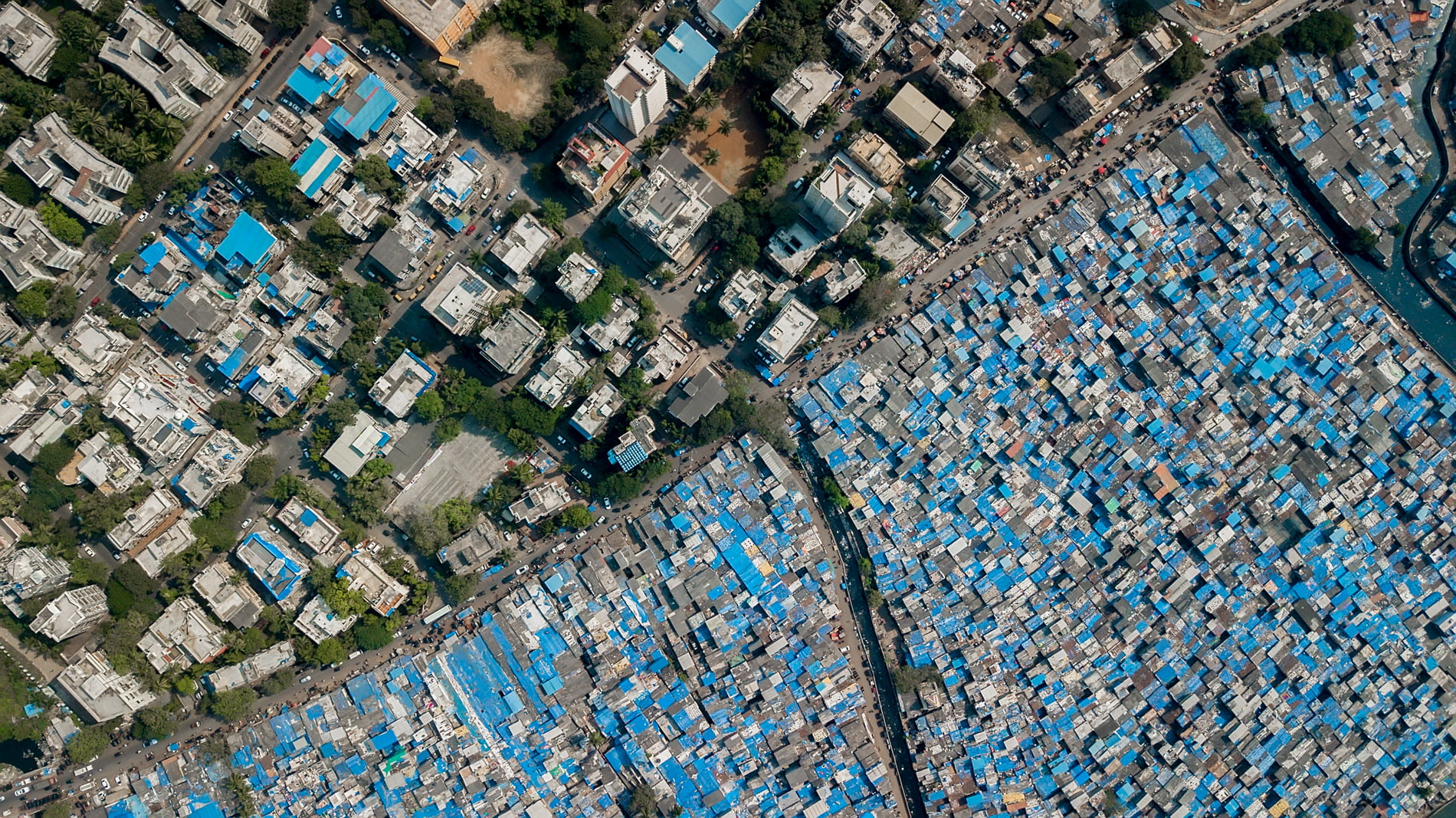More often than not, when we are at a privileged position in the society with respect to a particular section or group, we fail to acknowledge it as what it is: a privilege. This is because, mostly, ‘privileges’ that come to us out of some inevitable or uncontrollable factors, like our birth in a particular family or area, gender etc., they become a part of our conditioning, of who we are.
Unfortunately, there exists an array of privileges (gendered privileges, racial privileges, caste privileges and so on) in the society even before our parents’ generation. Understandably, the equation of and for different people in the society is differing and distorted, to begin with. And it does not stop there; its effects are far-reaching, temporally and spatially. This is a particularly elementary yet fundamental argument to understand ‘privilege.’
In basic Calculus, whenever there is an imbalance on either side, an addition and a subsequent subtraction takes place in order to restore balance. This is only practical in a situation of imbalance. Let’s understand this further with the help of a very famous example:
Suppose, there is a match going on and there is a wall between the spectators and the ground. In this situation, the one with a taller height is at privilege and the one with shorter height will suffer some difficulty. There are three people, out of whom, two have a fairly good height to be able to reach above the wall and watch the match. However, for the one short heighted person, it would be fairly practical to grab a stool or stand on any elevated surface to be able to watch the match. This equals out the scores in terms of opportunity, isn’t it?
This is exactly how reservations work and now (at least to some extent), it seems like a perfectly legit solution to an imperfect or incongruent distribution of ‘privileges.’
Yet, there are all sorts of counters for the same, some of which make sense and thus should be questioned, while some are absolutely baseless and mainly arise out of oblivion of self-privilege. Setting a general base of the topic, it would now be easier to zero down our vision to reservations pertaining to women.
There is a very common attack that the so-called meninists make, that goes like, “Women have reservations everywhere and even then they keep complaining. They are exploiting us instead.” Instead of the usual and never ending mud-slinging, I’d just like these people to realize that they are and have been the ‘taller ones’ since their birth and reservations work as the ‘elevated surface’ to even out that imbalance. One of the reasons could be the patriarchal colouring of the vision which makes it almost a norm to give preference to men and that ‘preference’ almost becomes rudimentary in the process.
But, dearest men, if you fail to recognize your ‘privilege’ and point fingers at “Women Only” spaces, you should know that such measures were/are deliberated on various grounds.
Going a bit into the technicalities, reservations are a form of affirmative action taken by the government to ensure equal opportunities for culturally and historically oppressed groups.
Mr. Marc Bossuyt, a special rapporteur, to the Sub-Commission on the Promotion and Protection of Human Rights at the UN, defined affirmative action as, “a coherent packet of measures, of a temporary character, aimed specifically at correcting the position of members of a target group in one or more aspects of their social life, in order to obtain effective equality.”
We’ve all read about the “Fundamental Right to equality before law,” yet because of the existence of complex inequalities and social conditions in India, there are completely different sets and levels of challenges to achieve “effective equality”. There are a lot of underprivileged sections in the society that lack the means to access or avail the benefits of equality, making the law absolutely farcical. Thus, this law facilitates the existence of other provisions that might seem discriminatory, but are not.
Be it reservations for women in the corporate sector, or in educational institutes or metro trains, they are considered as unnecessary and unfair ‘privileges’ given to women just because they are women. It is really difficult to accommodate the fact that people can be conveniently oblivious to a lot of women’s lives, even contemporarily, who are confined and barred from moving out of their houses in the first place, being allowed for school or work, is another level altogether. And the luckier ones of the lot find it difficult to sustain either because of safety concerns or differential treatment like pay gaps (According to a survey conducted by Paycheck.in for the years 2006-2011, the average gender pay gap was approximately 54 %).
However, I think it almost mandatory to mention that there are a lot of loopholes even in these measures taken by the government, ‘hopefully’ intended to address a purpose and they have been constantly brought up for debate by feminists. For example, while some think it to be an absolutely counter-productive measure to reserve a “women only” coach in the Delhi Metro for the safety of women, the others speak about the improvement in stats (if at all, there are any) because of this measure. This type of debating and questioning is productive, and acknowledges the fact that women are exploited. On the other hand, the sexist counters for such measures just reinstate even stronger why there is or was a need for them, in the first place.
Campaigns like ‘#whyloiter’ which encouraged women to reclaim public spaces, could be viewed as other forms of affirmative action for women to enjoy the right to loiter and demand safety. It is necessary to realize that patriarchy ‘entitles’ men to certain privileges which completely makes the playing field unequal and subsequently gives rise to a need for implementing extra measures to reinstate balance. Patriarchy works on exclusion and affirmative action tries to remedy it by inclusion.
[Author’s note: While talking about inequality and exploitation, it wouldn’t make sense to exclude the caste and class minorities from the discussion. But initiating a discussion from this angle deserves a separate and independent platform and thus would be taken up in later articles. But, just a passing thought, a lot of people claim to have done away with caste injustices and consequently demand a slashing down of any kinds of affirmative action for them. However, affirmative action for women is seen as a tool to silence women about the injustices done to them, because, you know ladies, you are already getting more than you deserve!]
References:
1. “Social Science Baha.” Affirmative Action and Women in India. Web. 5 Sept. 2015.
2. “Gender Pay Gap in India.” Why Women Earn Less than Men, Gender Pay Gap, Pay Disparity in India – PayCheck.in. Web. 5 Sept. 2015.
3. “UnderstandingPrejudice.org: Ten Myths About Affirmative Action.” UnderstandingPrejudice.org: Ten Myths About Affirmative Action. Web. 5 Sept. 2015.
4. Mitra, Amrita. Affirmative Action for Women in India (2012): 19. Social Science Research Network. Web. 5 Sept. 2015.
5. Barai, Swapnil. Affirmative Action in India: 20. Academia. Web. 5 Sept. 2015.
Featured Image Credit: Out Front Minnesota



